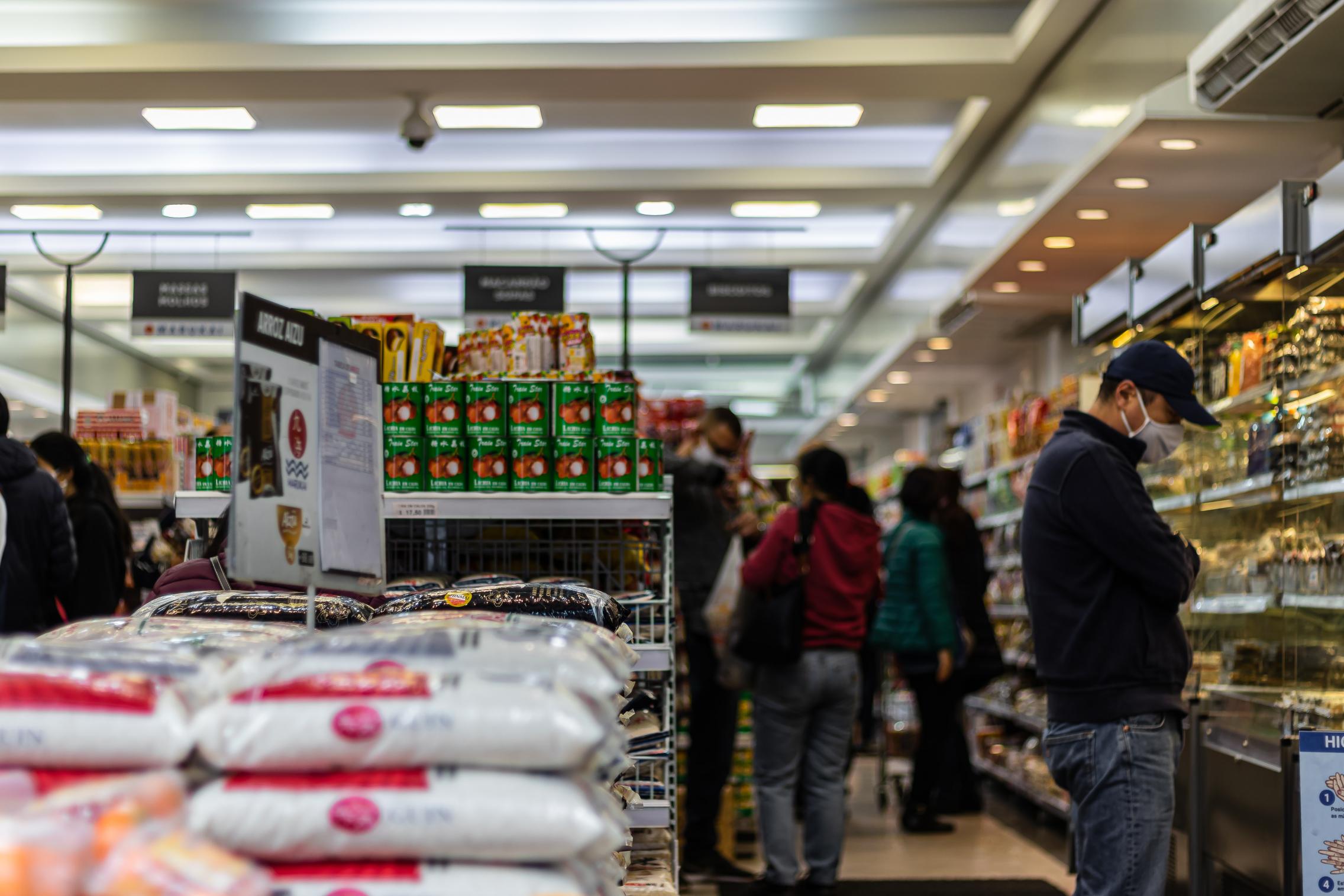Proactive Prosumers
Whilst no doubt devastating in many ways, COVID has also galvanised some individuals and communities into positive social and economic action. Prosumers – those who both consume and produce value – can play important and specific roles during a crisis, according to Dr Dolan and colleagues.

Businesses operating in such a volatile environment could also harness the potential of monetized prosumers to survive. For example, businesses might not have to invest in infrastructure if they could, instead, mobilise prosumers using their own transport to make deliveries for extra income.
Whilst not a new concept, Dr Dolan and colleagues have homed in on an all-encompassing definition and then drilled down further to classify six different types of prosumers. Most importantly, they’ve provided an overview of their usefulness during a crisis at three different levels – individual, organisational and societal. This can help us understand and better capture prosumer activity, not just during a pandemic but any crisis.
Prosumers identified by Dr Dolan and colleagues include DIY, Self-service, Customising, Collaborative, Monetized and Economic prosumers. DIY prosumers are those that might grow their own food, and not have to rely on shops and associated supply chains. During the pandemic, this meant they could avoid those public spaces. Self-service prosumers might pack their own groceries at the supermarket, relieving congestion at the checkout. Customising prosumers personalise their own products and services, for example making new clothes from old.
Prominent during the pandemic, Collaborative and Monetized prosumers ‘create value that is accessible to others.’ Collaborative prosumers do so through a non-commercial third party, so for example, they helped deliver products to vulnerable consumers. Monetized prosumers did something similar, but for a commercial organisation such as Uber. Economic prosumers are those who ‘receive formal incentive from a commercial third party when creating value for others’, so they might have, for example, made and sold masks.
Dr Dolan and colleagues have not only provided a taxonomy of prosumers but have also highlighted how they could potentially impact crisis responses. ‘Those businesses that were hit hard by COVID, such as tourism and accommodation venues, can benefit from prosumers, especially monetized prosumers who act as co-creators of value,’ says Dr Dolan. ‘They can help with functions like marketing, for example, by putting magnetic advertising plaques on their cars. In other, less tangible areas, such as innovation, prosumers can contribute to crowdsourcing sites like 99designs.’
Prosumers have long been examined within the sharing-economy context but Dr Dolan and her colleagues have shed light on their potential in a crisis context, and this is likely to prove useful for a quite a while yet.
Study
We offer a range of business related degrees, enabling students to choose their own path and become career ready.

